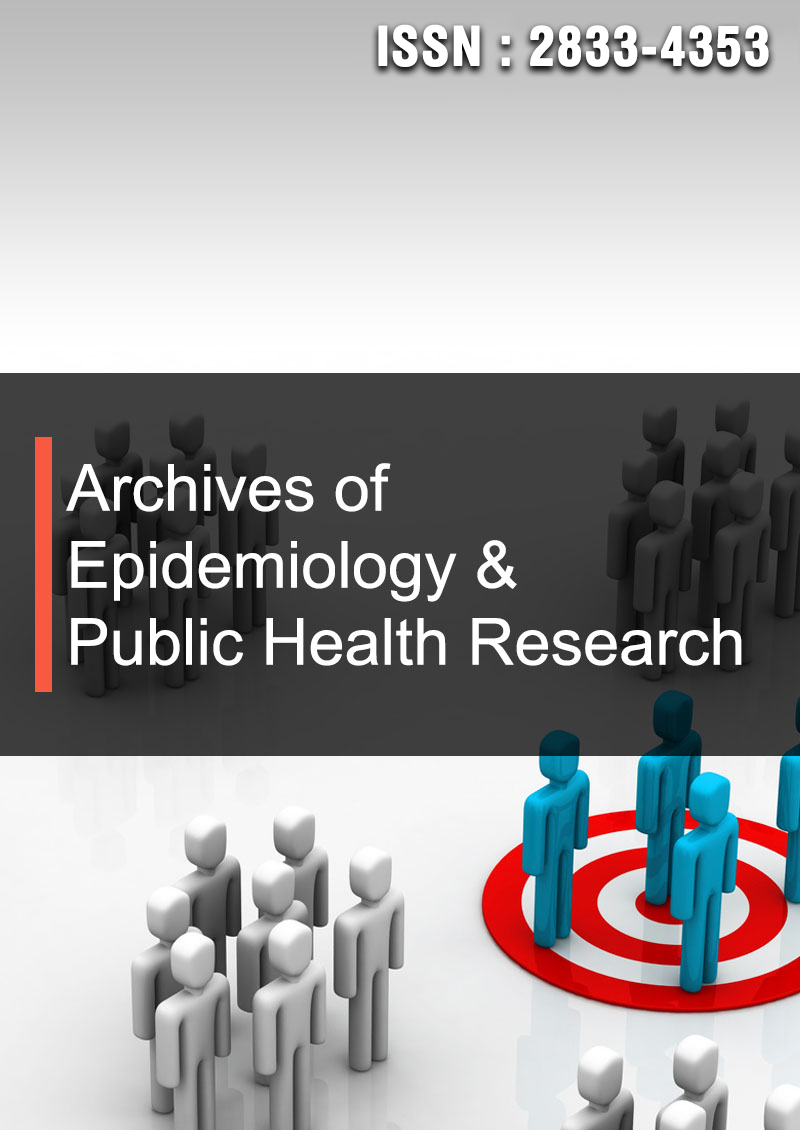Recent Smartphones Monitoring Apps Numeric Analysis Lingering on Sleep Tracking: Review and Content Analysis
Abstract
Manal Almalki and Nadir Abdelaziz
Background: in the era of smartphones and AI nowadays there are thousands of downloadable apps from different stores (Google play, and Apple store) that offer a viable and scalable options for sleep tracking at general population level. Lack of sleep is a health problem that needs to be closely and accurately monitored before it evolves to cause serious and sever health problems. One target of health and fitness app developers is sleep tracking apps, which have many functions, including smart alarms, sleep aids, sleep cycles, and sleep analysis.
Objective: This study aims to review and analyze most recent sleep tracking apps to explore their technical features and functions in order to find out about their effectiveness in tracking users' sleep activity.
Methods: In this study, we have searched the Apple Store and Google Play as the two major used stores for most popular sleep tracking apps. The following keywords were used in our search for applications: sleep app, sleep monitoring, sleep tracking, sleep analysis, sleep quality, sleep disturbance, and sleep cycle. Titles, descriptions, and keywords of the selected applications were checked. All publicly available apps in stores were included, then apps used for other than sleep tracking purposes were excluded, also apps that are not intended for self-management sleep tracking such as baby sleep tracking apps were excluded. Each app was rated for consistency with the well- known APA's app evaluation model, and each store was analyzed separately.
Results: a total of 245 apps related to sleep-tracking were firstly included in our study which took place during the period from December 2022 till end of April 2023 focusing on 21 major technical features of sleep-tracking apps, 60 apps (24.5%) were excluded from the study due to irrelevant main implementation purpose, while another 15 apps (6.12%) were excluded for not supporting self-management sleep tracking, then another 24 apps (9.8%) were excluded due to low usage and low rating during study period, after that 44 apps (17.95%) did not meet the designed requirement values of APA-based statistical model of the study, finally 102 apps (41.6%) met all the inclusion cri- teria, designed statistical model values, and technical features of the study.
Conclusions: Although there are many hundreds of approved sleep-tracking apps, this conducted analytical study evaluates and examines the 21 main technical features and content analysis in 102 of the more recent and highly rated apps in Google play and Apple store. which have several benefits, including intelligent alarms and sleep aids. But, sleep-wake detection is not reliable enough. A review of apps that met the inclusion requirements revealed that sleep-tracking applications have more room for improvements in features design and implementation, plus privacy for their users in sharing their data.



